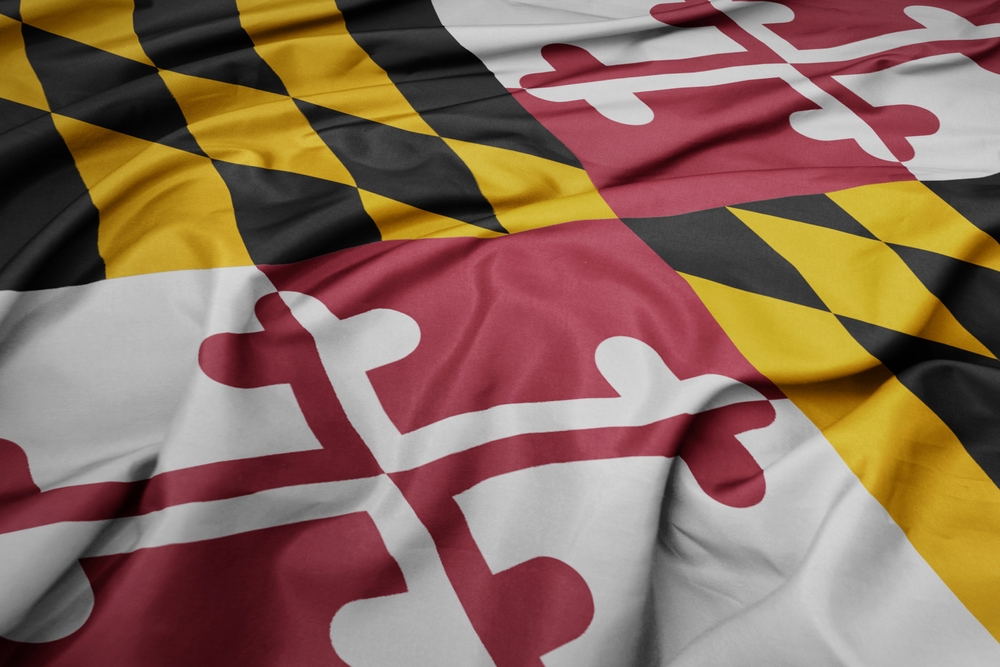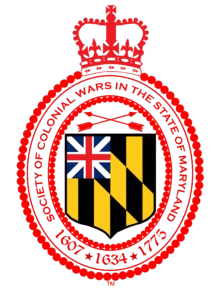Education
Courtesy of Historic Annapolis, Inc.
Tools for Teachers' Toolboxes
Educational Field Trips
Primary Source Documents
Lois Green Carr, Russell R. Menard, Lorena S. Walsh. Robert Cole’s World. Chapel Hill: University of North Carolina Press, 1991. The primary source material upon which the book is based serves as the foundation for the Godiah Spray Tobacco Plantation at Historic St. Mary’s City.
Close Encounters of the First Kind, 1585-1767. Documents for the Classroom. Annapolis: Maryland State Archives, 1993, rev. 1994. This book contains copies of primary documents, maps, and drawings which relate to the contact between Maryland’s first inhabitants and the settlers who came from England. It is also available online at www.mdarchives.state.md.us.
Lesson Plans
Values Through History, a Texas non-profit, prepared the Why America Is Free program of study. This curriculum immerses fourth and fifth-grade students into the founding period of our democratic republic through a multi-week, engaging, historically accurate learning experience using lessons in History, Civics, Science, and other disciplines. For more information, visit Values Through History.
Scholarships and Awards: Additional Opportunities
For students interested in archives, special collections, and special libraries.
The Maryland State Archives is the repository for the permanent records of Maryland state, county and municipal government, including government reports and other publications. In addition to Maryland government records, our holdings include a Library of Marylandia and Special Collections of broad scope, such as newspapers, manuscripts and private papers, maps, church records, and an extensive art collection. For an overview of our holdings, SEE Finding Records.
Field Study (year round): The Maryland State Archives strongly believes in supporting future professionals in the library and archive fields. We have a number of departments that can work with iSchool students, in both library and archive-based programs. We can work with students to tailor a Field Study to a potential interest or students can choose from an pre-identified need within the Archives. Students could work on one or more of the following subjects: appraisal, reference, cataloging, processing, arrangement and description, conservation and preservation, digitization, digital curation, collection development.
State Archives staff have a strong commitment to mentoring all students at the State Archives. For more information, contact Megan Craynon at megan.craynon@maryland.gov.
American Revolution Institute – Society of Colonial Wars Fellow Program
Washington College
With financial assistance from the General Society of Colonial Wars, the Society of Colonial Wars in the State of Maryland has established the Halcott Mebane Turner Internship at Washington College in Chestertown, Maryland. This summer internship will be awarded to an undergraduate at the College who undertakes colonial period-related study and research.
For more information, see washcoll.edu. (Starr Center)
Student Resources
Historic Saint Mary's City
Where Maryland Began…the Colonial History of St. Mary’s County. Sandy Shoemaker. Orion Publications, 2000. Written by the former Education Coordinator at Historic St. Mary’s City, this book is directed at elementary school students studying Maryland history. It contains extensive descriptions of Maryland’s first capital and the beginnings of the colony.
Resources for Lifetime Learners
Maryland State Archives Publications
A Relation of the Successful Beginnings of the Lord Baltimore’s Plantation in Maryland (1634). Anonymous. Annapolis: Maryland State Archives, Hall of Records.
Daily Life in the New World, 1634-1715. Documents for the Classroom. Annapolis: Maryland State Archives, 1991, rev. 1993. This book contains copies of primary documents and maps related to Maryland’s early history. It is also available online at www.mdarchives.state.md.us.
America 1585: The Complete Drawings of John White. Paul Hulton. Chapel Hill: University of North Carolina Press, 1984. This book contains color prints of the original drawings by John White, which were interpreted by Theodor de Bry as engravings.
Video
State Standards
State Standards are adopted by the State Board of Education in the Code of Maryland Regulations (COMAR) and are reviewed at least every eight years in accordance with the Regulatory Review and Evaluation Act, State Government Article §§ 10-130-10-139 Annotated Code of Maryland. Standards are defined as statements that describe what students should know and be able to do in a core content area. The social studies standards in Maryland were last reviewed in 2018 and approved by the State Board of Education in 2020, COMAR 13A.04.08.

Maryland Social Studies Standards
Standard | Description of Standard |
Standard 1.0 Civics | Students shall inquire about the historical development of the fundamental concepts and processes of authority, power, and influence with particular emphasis on civic reasoning in order to become informed, responsible citizens, engage in the political process, and contribute to society. |
Standard 2.0 Peoples of the Nations and World | Students shall inquire about the people of the United States and the world using a historically grounded, multidisciplinary approach in order to recognize multiple narratives and acknowledge the diversity and commonality of the human experience. |
Standard 3.0 Geography | Students shall inquire about the role of culture, technology, and the environment in the location, distribution, and impact of human activities using geographic tools and spatial thinking in order to demonstrate the significance of a place. |
Standard 4.0 Economic | Students shall inquire about decisions made by individuals and groups using economic reasoning in order to understand the historical development and current status of economic principles, institutions, and processes needed to be effective citizens, consumers, and workers participating in local communities, the nation, and the world. |
Standard 5.0 History | Students shall inquire about significant events, ideas, beliefs, and themes to identify patterns and trends and to analyze how individuals and societies have changed over time to make connections to the present in their communities, Maryland, the United States, and the world. |
Standard 6.0 Skills and Processes | Students shall inquire about civics, geography, economics, history, and people and nations of the world using disciplinary literacy skills and processes to critically evaluate content through a variety of source materials across disciplines and use reading, writing, and other forms of communication to develop, defend, and critique arguments in order to take informed action. |
State Frameworks
Grade 4 Framework
Grade 5 Framework
